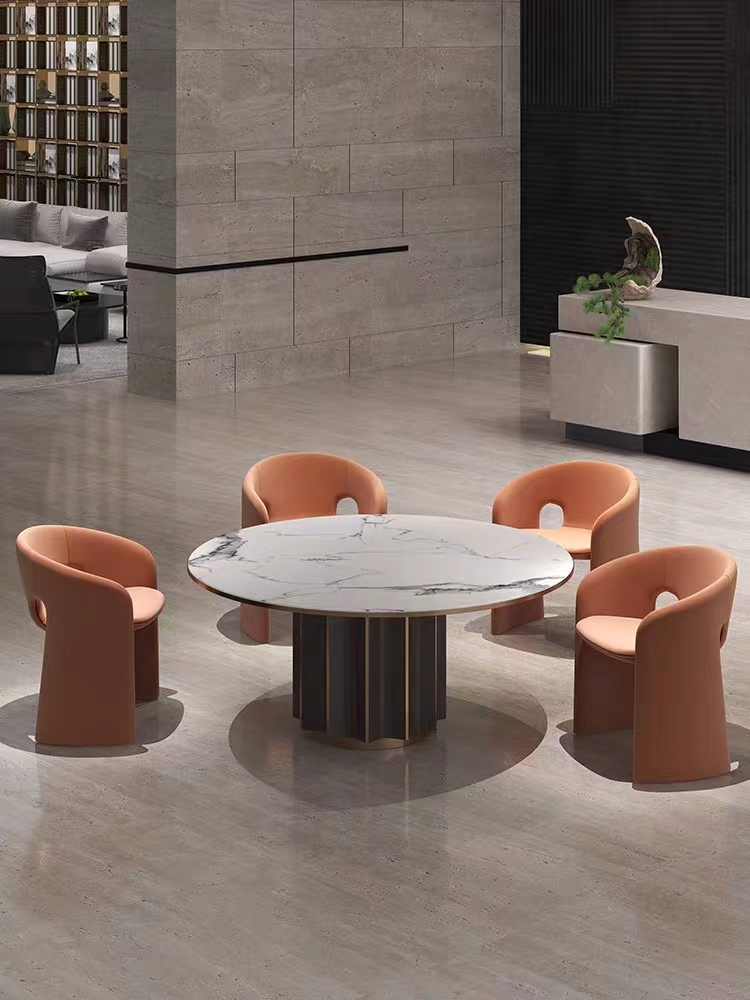Introduction
Choosing the right office furniture manufacturer is crucial for creating a productive, comfortable, and aesthetically pleasing workspace. With numerous manufacturers offering a wide range of products, making an informed decision can be challenging. This article outlines the key considerations when comparing office furniture manufacturers to help you make the best choice for your needs.
Key Considerations
1. Quality and Durability
Material Quality
High-quality materials are essential for durable and long-lasting office furniture. Look for manufacturers that use:
- Solid Wood: For desks, chairs, and storage units.
- High-Grade Steel or Aluminum: For frames and bases, ensuring strength and stability.
- Premium Fabrics and Leather: For chairs and seating, offering comfort and wear resistance.
Construction and Craftsmanship
Evaluate the construction techniques and craftsmanship of the manufacturer. Well-constructed furniture should have:
- Sturdy Joints: Such as mortise and tenon, dovetail, or reinforced screws.
- High-Quality Finishes: Smooth edges, even staining, and no visible defects.
- Robust Mechanisms: For adjustable chairs and desks, ensuring long-term functionality.

2. Design and Ergonomics
Ergonomic Features
Ergonomically designed furniture promotes comfort and reduces the risk of injury. Consider manufacturers that offer:
- Adjustable Chairs: With lumbar support, seat height, and armrest adjustments.
- Height-Adjustable Desks: To accommodate different working postures.
- Properly Designed Workstations: That provide adequate space and accessibility.
Aesthetic Appeal
The design and aesthetic of office furniture should complement your workspace. Look for manufacturers with:
- A Wide Range of Styles: From modern and minimalist to traditional and classic.
- Customizable Options: Allowing you to choose colors, finishes, and materials that match your office decor.
- Innovative Designs: That incorporate the latest trends and functional improvements.
3. Customization and Flexibility
OEM/ODM Services
Manufacturers that offer OEM/ODM (Original Equipment Manufacturer/Original Design Manufacturer) services can provide tailored solutions. This is particularly beneficial for businesses with specific needs or unique design preferences.
Modular and Flexible Furniture
Modular furniture systems offer flexibility and scalability. Look for manufacturers that provide:
- Modular Workstations: That can be reconfigured as needed.
- Interchangeable Components: Such as desks, storage units, and partitions.
- Future Expansion Options: Allowing your office furniture to grow with your business.
4. Sustainability and Environmental Impact
Sustainable Materials
Sustainability is an increasingly important consideration. Choose manufacturers that use eco-friendly materials, such as:
- Recycled or Recyclable Materials: For frames, fabrics, and finishes.
- Sustainable Wood: Certified by organizations like FSC (Forest Stewardship Council).
Green Manufacturing Practices
Manufacturers committed to sustainability often adopt green manufacturing practices, including:
- Reduced Emissions: Through efficient production processes.
- Waste Minimization: By recycling and reusing materials.
- Energy Efficiency: Using renewable energy sources and energy-efficient machinery.

5. Cost and Value
Competitive Pricing
While cost is a significant factor, it should not be the sole determinant. Consider manufacturers that offer:
- Transparent Pricing: With clear breakdowns of costs.
- Competitive Rates: Balanced with the quality and features of the furniture.
Cost Performance
Evaluate the cost performance by comparing the price to the quality, durability, and functionality of the furniture. Higher upfront costs may be justified by longer-lasting and more ergonomic furniture.
6. Customer Service and Support
Pre-Sale Support
Good manufacturers provide excellent pre-sale support, including:
- Consultations and Recommendations: To help you choose the right furniture.
- Product Samples: To assess the quality and suitability before purchasing.
After-Sale Service
Consider the level of after-sale service offered, such as:
- Warranty and Repair Services: To ensure your furniture remains in good condition.
- Customer Support: For addressing any issues or queries promptly.
- Maintenance and Care Guidance: To prolong the life of your furniture.
7. Reputation and Reviews
Customer Reviews and Testimonials
Research customer reviews and testimonials to gauge the manufacturer’s reputation. Positive feedback often indicates reliable quality and service.
Industry Experience
Manufacturers with extensive industry experience are likely to have refined their processes and product offerings. Consider their track record and any awards or recognitions they have received.
Conclusion
Comparing office furniture manufacturers involves evaluating several key factors, including quality and durability, design and ergonomics, customization options, sustainability, cost and value, customer service, and reputation. By carefully considering these aspects, you can select a manufacturer that meets your needs and enhances your workspace, ensuring a comfortable and productive environment for your employees. Choose wisely to invest in furniture that offers the best combination of functionality, aesthetics, and durability.